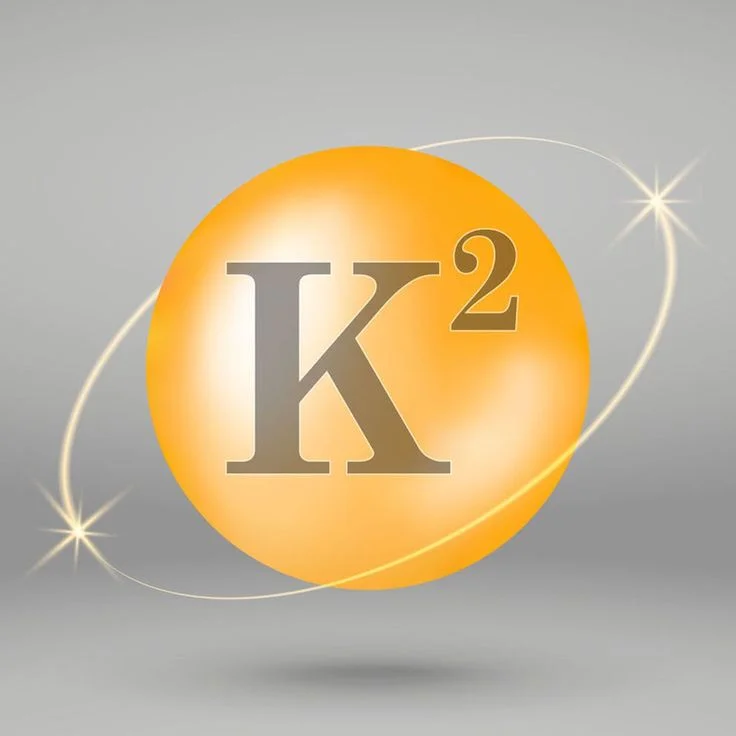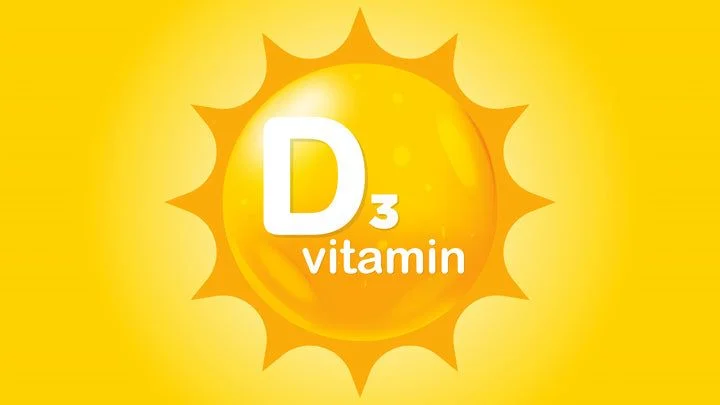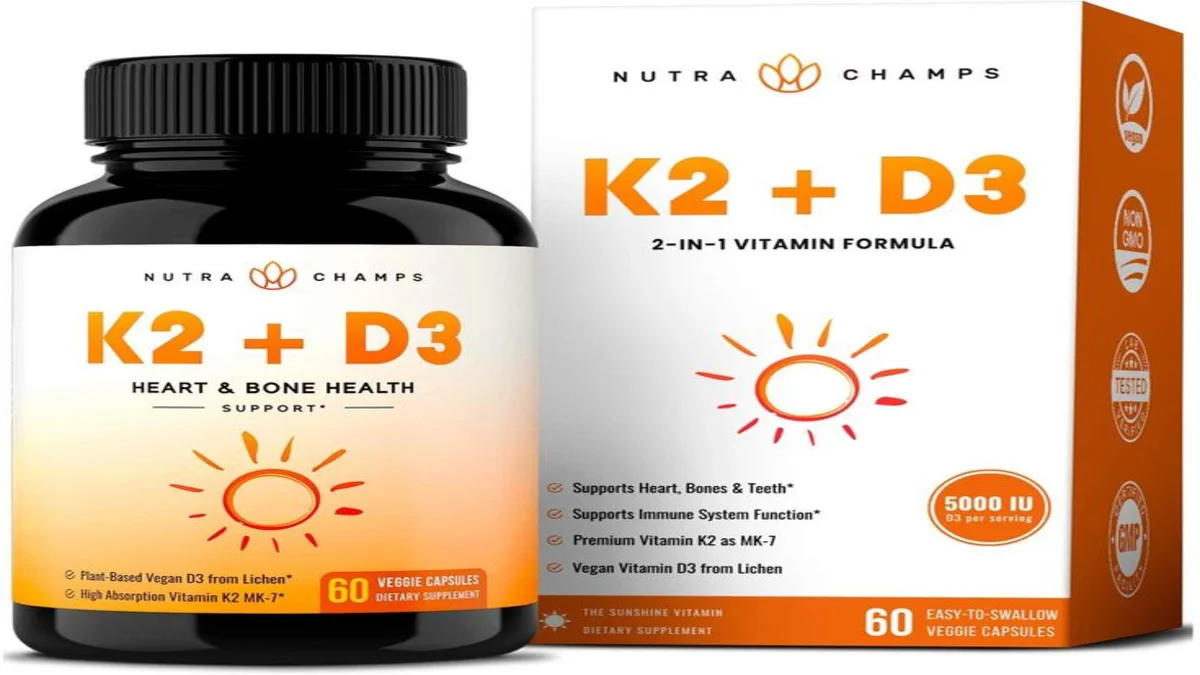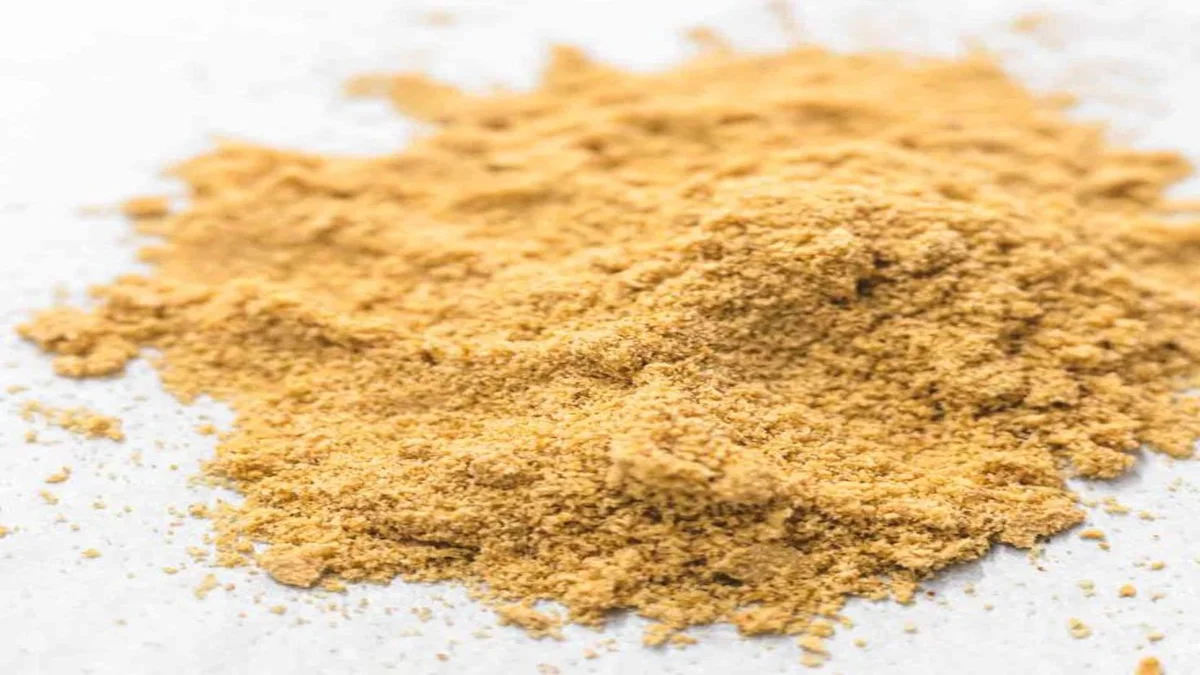Explore the incredible Vitamin K2 with D3 benefits and why it has become a staple in many people’s wellness routines. We will also discuss how this powerful duo works synergistically to provide optimal health support, and how you can incorporate it into your daily life. If you’re ready to take your health to the next level, keep reading to discover the incredible Vitamin K2 with D3 benefits.
What is vitamin K2?

Vitamin K is a fat-soluble vitamin that comes in two forms: vitamin K2 (menaquinone), which is mostly produced by certain bacteria in the stomach and is found in fermented dairy products, and vitamin K1 (phylloquinone), which is mostly found in green leafy vegetables.
The longer-lasting and more accessible version of vitamin K2 is found in the body. It further decomposes into many subtypes known as its menaquinone forms.
vitamin K2 food sources
| Food Source | Vitamin K2 Content (micrograms per 100g) |
|---|---|
| Natto (fermented soybeans) | 1000+ |
| Goose liver | 369 |
| Hard cheese (Gouda) | 73 |
| Soft cheese (Brie) | 51 |
| Egg yolk | 32 |
| Chicken liver | 15 |
| Butter | 15 |
| Salami | 11 |
| Ground beef | 8 |
| Chicken breast | 6 |
What is vitamin D3?

Vitamin D is both a vitamin—and also a hormone! This is because vitamin D3 can be synthesized naturally in our bodies in response to sunlight, can act as a signaling molecule, and nearly every cell in our body has receptors for it.
While you can get vitamin D through sun exposure, we must be careful not to get too much. That’s why the best way to maintain optimal vitamin D3 is through daily supplementation.
vitamin D3 food sources
| Food Source | Vitamin D3 Content (IU per 100g) |
|---|---|
| Fatty Fish (Salmon) | 570-1300 |
| Cod Liver Oil | 10,000-20,000 |
| Mackerel | 400-1300 |
| Sardines (canned) | 272 |
| Tuna (canned in oil) | 200 |
| Beef Liver | 49 |
| Egg Yolks | 87 |
| Cheese (Swiss) | 6 |
| Fortified Milk | 40-60 |
| Fortified Orange Juice | 49 |
Vitamin K2 with D3 benefits
Vitamin K2 with D3, a dynamic duo in the world of nutrition, offers a myriad of health benefits that contribute to overall well-being. Here are eight compelling reasons to incorporate this powerful combination into your daily routine:
Bone Health Reinforcement: Vitamin D3 enhances calcium absorption, promoting stronger bones and teeth, while vitamin K2 ensures proper distribution of calcium, preventing it from accumulating in the arteries and soft tissues.
Cardiovascular Support: The synergistic action of K2 and D3 helps maintain cardiovascular health by preventing arterial calcification, and reducing the risk of heart-related issues.
Immune System Fortification: Vitamin D3 is renowned for its immune-boosting properties, and when combined with K2, it helps regulate immune responses and defends against infections.
Optimized Dental Health: The duo plays a vital role in dental health, supporting the mineralization of teeth and preventing dental issues by ensuring proper calcium utilization.
Enhanced Cognitive Function: Research suggests that adequate levels of vitamin D3 may contribute to cognitive health, while vitamin K2’s anti-inflammatory properties may further support brain function.
Balanced Mood and Mental Well-being: Both vitamins K2 and D3 play a role in neurotransmitter synthesis, potentially influencing mood regulation and contributing to mental well-being.
Inflammation Regulation: Vitamin K2 exhibits anti-inflammatory properties, assisting in the regulation of inflammation throughout the body, which is crucial for overall health.
Joint and Muscle Support: The combination of K2 and D3 contributes to joint health by promoting proper calcium metabolism and supporting muscle function, potentially reducing the risk of musculoskeletal issues.
Vitamin K2 benefits
Vitamin K2, a lesser-known yet essential fat-soluble vitamin, offers a range of health benefits. Here are some key advantages associated with Vitamin K2:1
Bone Health: Vitamin K2 plays a crucial role in bone metabolism by regulating calcium within the bones. It helps in the activation of osteocalcin, a protein that binds calcium to the bone matrix, promoting bone strength and reducing the risk of fractures.2
Cardiovascular Support: Vitamin K2 assists in preventing arterial calcification by directing calcium away from blood vessels and soft tissues. This may contribute to cardiovascular health and reduce the risk of arterial stiffness and related conditions.
Blood Clotting: Vitamin K, including K2, is essential for blood clotting. It aids in the synthesis of clotting proteins, contributing to proper coagulation and wound healing.3
Cancer Prevention: Some studies suggest that Vitamin K2 may have anti-cancer properties, particularly in reducing the risk of certain cancers. It is believed to influence cell growth regulation and inhibit the development of cancer cells.4
Anti-Inflammatory Effects: Vitamin K2 exhibits anti-inflammatory properties, potentially contributing to the reduction of inflammation in the body. Chronic inflammation is associated with various health issues, and K2’s role in modulating inflammation is noteworthy.5
Improved Dental Health: Vitamin K2 supports dental health by ensuring proper mineralization of teeth. It helps in directing calcium to the teeth, contributing to the prevention of dental issues.
Hormonal Balance: Vitamin K2 is involved in the synthesis of steroid hormones, including sex hormones and cortisol. Maintaining hormonal balance is crucial for overall health and well-being.
Brain Health: Some research suggests that Vitamin K2 may play a role in brain health by supporting nerve function and protecting against oxidative stress. However, more studies are needed to fully understand its impact on cognitive function6
Vitamin D3 benefits
Vitamin D3, often referred to as the “sunshine vitamin,” provides a multitude of health benefits. Here are some key advantages associated with Vitamin D3:
Bone Health and Calcium Absorption: Vitamin D3 plays a crucial role in maintaining strong and healthy bones by enhancing the absorption of calcium from the intestines. This is essential for bone mineralization and the prevention of conditions like osteoporosis.7
Immune System Support: Vitamin D3 is known for its immune-modulating effects. It helps regulate immune responses, reducing the risk of infections, and may contribute to overall immune system efficiency.
Cardiovascular Health: Adequate levels of Vitamin D3 have been associated with a lower risk of cardiovascular diseases. It may help in regulating blood pressure, reducing inflammation, and improving overall cardiovascular function.
Muscle Function: Vitamin D3 is essential for muscle health and function. It may contribute to muscle strength and coordination, potentially reducing the risk of falls and fractures, especially in older adults.8
Mood Regulation and Mental Health: There is evidence to suggest that Vitamin D3 plays a role in mood regulation and may contribute to mental well-being. Deficiencies have been linked to conditions like seasonal affective disorder (SAD) and depression.
Cancer Prevention: Some studies suggest that adequate Vitamin D3 levels may be associated with a lower risk of certain cancers, including breast, prostate, and colorectal cancers. It is believed to influence cell growth and inhibit the development of cancer cells.9
Improved Sleep Quality: Vitamin D3 may play a role in regulating sleep patterns. Adequate levels have been linked to improved sleep quality and may help in managing sleep disorders.10
Regulation of Hormones: Vitamin D3 is involved in the synthesis of hormones, including insulin. Maintaining optimal levels may contribute to better blood sugar regulation and reduce the risk of type 2 diabetes.11
Side Effects Of Vitamin D3 And K2
High blood calcium levels, often known as hypercalcemia, can result from high vitamin D dosages without the accompanying vitamin K. This causes calcification of the blood vessels, which increases the risk of heart disease and stroke.12 13
The most typical signs of hypercalcemia are as follows:
- Poor appetite
- Nausea and stomach pain.
- Constipation and diarrhea
- Vomiting
- Kidney stones
Too much vitamin K may be hazardous if you are on dialysis for kidney illness. Also, extremely high vitamin D levels have resulted in kidney failure.
Vitamin D poisoning can also cause bone loss since it removes calcium from your bones and transports it into your bloodstream. Too much vitamin D equals too much calcium absorbed from your bones.
Always with your doctor before beginning a new multivitamin or calcium supplement regimen. If you’re ready to discover the benefits of D3.K2 Complex, get a bottle from HumanN today.
FAQs
can you take vitamin k2 and d3 everyday?
should I take vitamin D3 K2 in the morning or at night?
who should not take d3 and k2?
Because of the significance of vitamin K in blood clotting, persons taking blood thinners should avoid supplementing, as vitamin K may diminish the drug’s effectiveness.
does vitamin d3 k2 give you energy
References
- https://www.webmd.com/vitamins-and-supplements/supplement-guide-vitamin-k ↩︎
- https://www.medicalnewstoday.com/articles/325059 ↩︎
- https://pubmed.ncbi.nlm.nih.gov/34115006/ ↩︎
- https://pubmed.ncbi.nlm.nih.gov/18374196/ ↩︎
- https://menaq7.com/news/menaq7-k2-study-validates-inflammation-benefits/ ↩︎
- https://www.forbes.com/health/supplements/vitamin-k2 ↩︎
- https://www.ncbi.nlm.nih.gov/pmc/articles/PMC2669834/ ↩︎
- https://www.ncbi.nlm.nih.gov/pmc/articles/PMC2901845/#:~:text=Vitamin%20D%20is%20involved%20in,other%20tissues%20including%20skeletal%20muscle. ↩︎
- https://www.ncbi.nlm.nih.gov/pmc/articles/PMC1470481/ ↩︎
- https://www.ncbi.nlm.nih.gov/pmc/articles/PMC8912284/ ↩︎
- https://www.ncbi.nlm.nih.gov/pmc/articles/PMC8081388/ ↩︎
- https://www.drugs.com/sfx/k2-plus-d3-side-effects.html ↩︎
- https://www.barebiology.com/pages/should-i-take-vitamin-d3-k2-together ↩︎





